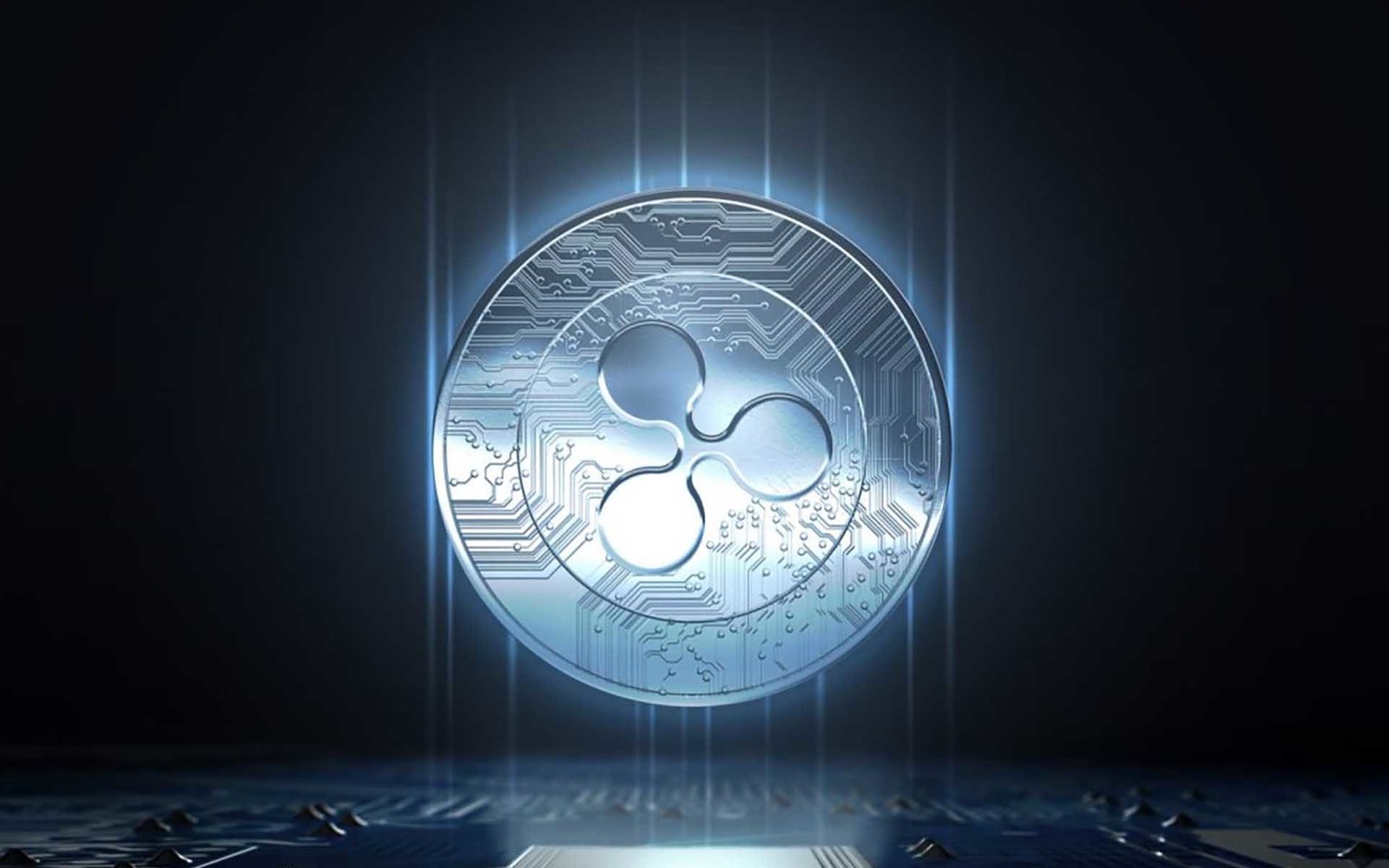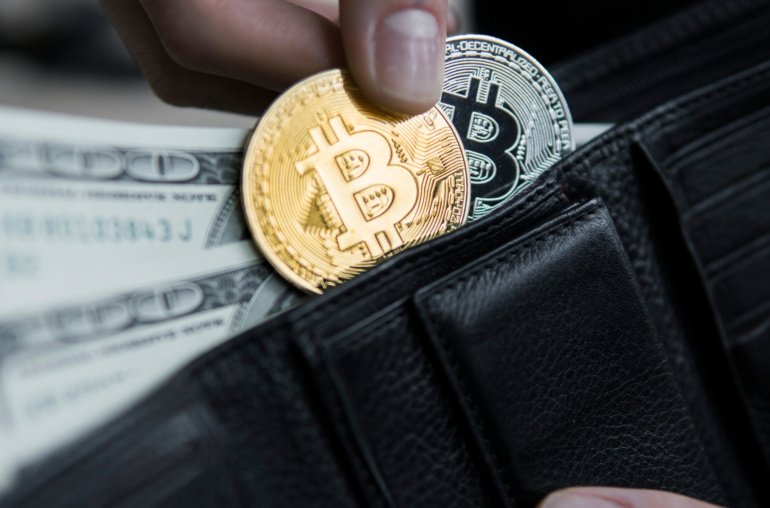Ripple, a financial settlement protocol, was created by Chris Larsen and Jed McCaleb under the San-Francisco based fintech company Ripple Labs. It aims to facilitate near-instant monetary transfers between two parties by connecting banks, payment providers, and cryptocurrency exchanges for real-time, cost-effective, global money transfers.
XRP is the native crypto asset that powers all transaction activity on the Ripple Network or RippleNet. The XRP ledger, a shared public database/ledger, records all XRP transactions, and independent validating servers maintain transparency by comparing these records. The Ripple Protocol Consensus Algorithm (RPCA) helps achieve consensus, but unlike blockchain-based technologies, Ripple does not involve mining or staking. Instead, pre-issued 100 billion XRP tokens fuel all transaction activities.
Ripple focuses on facilitating large-scale financial transactions between major national and private banks globally, rather than peer-to-peer transactions. Currently, a currency needing exchanging is used to buy an equivalent amount of XRP, which is then converted into the final output currency. However, there is a potential future where digital assets powered by banks themselves replace XRP for value transfer.
In terms of XRP supply, Ripple Labs claims that no more than 100 billion XRP coins will be issued. In 2017, the company locked 55 percent of the total XRP supply into a smart contract-based escrow account, releasing 1 billion tokens per month for 55 months for sale to investors. To date, the company has not sold more than 300 million XRP per month. Additionally, Larsen, McCaleb, and another contributor retained 20 billion XRP collectively for starting the company.
XRP transactions are fast, taking a maximum of 5 seconds, and the system can handle over 1500 transactions per second. The minimum transaction fee is 0.00001 XRP, which is destroyed to prevent RippleNet from being spammed.
Ripple offers several advantages, including being almost forgery-proof, enabling fast transactions within seconds, and acting as a universal translator of any currency. It also allows quick lending and borrowing of money amounts, loans by IOU, and simple connection of payment networks. However, Ripple has faced criticism for various business practices, such as holding onto a significant portion of XRP and not passing it on to network users as promised.
In conclusion, Ripple’s protocol offers unique benefits for financial transactions, but it also comes with its share of criticisms and challenges. Investors and users are advised to conduct their research before investing in any cryptocurrency or blockchain project.



